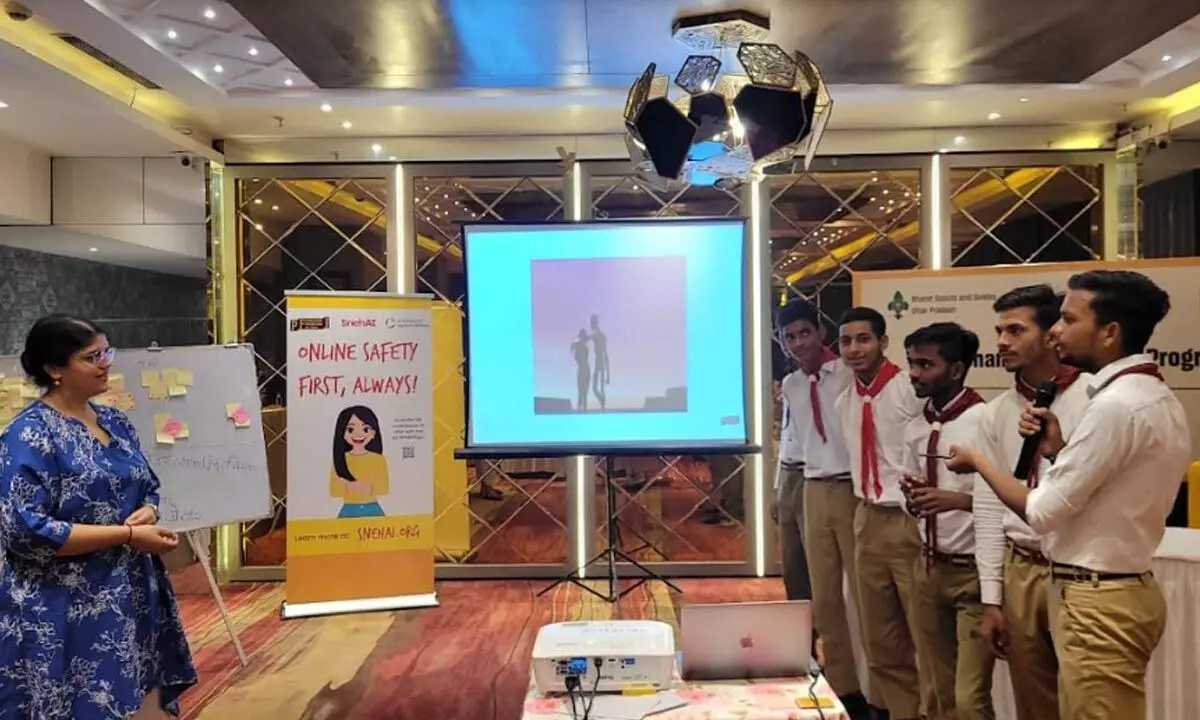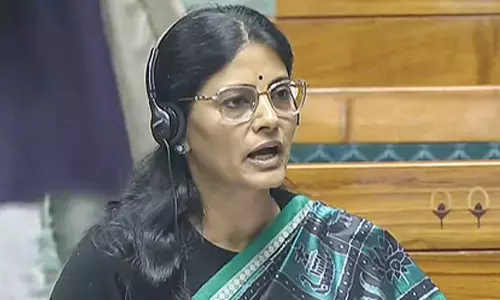How technology is helping to bridge the mental health gap in rural India

Initiatives like SnehaAI, an AI-powered, free chatbot are offering significant support to rural youth by giving them empowering information
On Mental Health Day, findings from a survey conducted by the National Institute of Mental Health and Neurosciences (NIMHANS) remind us of the care gaps faced by India's rural citizens. They say that only a mere 10-12% of rural youngsters, in dire need of mental health care have access to appropriate services. Mental health issues among the rural youth can be precipitated by a variety of complex socio-economic reasons as well as anxiety over puberty-related issues, inability to confide in parents, and unavailability of timely counseling and psychological support. Social stigmas around sexuality and reproductive health can further push them into a spiral.
Digital offerings like the Population Foundation of India's SnehAI chatbot are bridging the information gap. SnehAI communicates in Hinglish and inspires trust, especially among rural youth who tend to be more reserved when it comes to discussing personal issues compared to their urban counterparts. The chatbot helps young people understand puberty-related changes, counter cyberbullying, deal with peer pressure, and decode self-esteem issues.
Sanghamitra Singh chief of programmes from Population Foundation of India shares, “Since SnehAI is an online platform, young people can easily access it and learn more about their issues through Facebook Messenger or WhatsApp without the need for in-person discussions, allowing them to maintain their anonymity and privacy. With videos, stories, and user-friendly graphics, the platform offers information on a wide range of subjects including online safety, sexual, and menstrual health, and presents a counterpoint to inappropriate or false information on the internet with verifiable and reliable solutions. Platforms like these are incredibly valuable for young people because they are accessible to anyone regardless of their location, provide answers to questions, and offer a lifeline to youngsters who have no one to confide in.”
Recently, the initiative went a step forward to conduct a series of workshops on online safety and sexual and reproductive health to sensitise students on ‘Safety Se Dosti’ in Lucknow, Delhi, Patna, Bangalore, Ranchi, Darbhanga, Nawada, among other cities, reaching over 1,000 students. These sessions emphasize the importance of age-appropriate information related to adolescent sexual and reproductive health (ASRH), helping to create safer spaces both in classrooms and online.
















